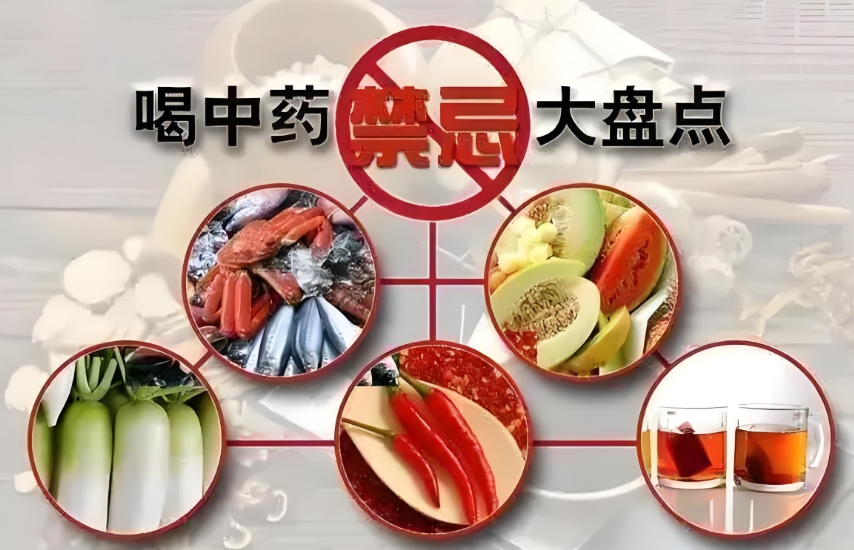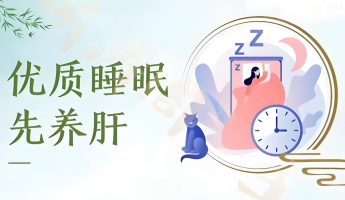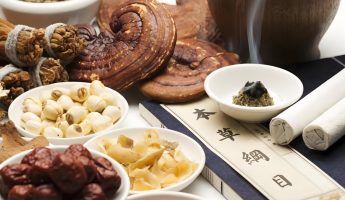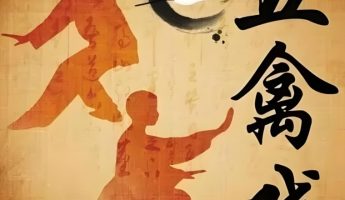Do I need to avoid certain foods when taking traditional Chinese medicine?
As the saying goes, taking medicine without restraint can harm the doctor’s hands. The first thing to clarify is that there are dietary restrictions for taking most traditional Chinese medicines. The reason why traditional Chinese medicine emphasizes dietary restrictions is twofold: firstly, it emphasizes the differentiation and treatment of symptoms when seeking medical treatment; secondly, it believes that medicines have the four qi of coldness, warmth, and warmth, as well as the five flavors of sweetness, sourness, bitterness, and saltiness, and food is no exception. Traditional Chinese medicine not only uses drugs to supplement and cure diseases, but also implements dietary restrictions or “selective eating” based on the condition to enhance the therapeutic effect of drugs or reduce their side effects. In this sense, dietary restrictions are actually a part of traditional Chinese medicine treatment.
How should one avoid certain foods specifically?
Generally speaking, it is recommended to have a light diet when drinking traditional Chinese medicine, and generally avoid spicy, cold, greasy, volatile, and strong tea foods.
General taboos
Spicy category
Spicy foods such as scallions, ginger, garlic, chives, wine, pepper, chili, mustard, etc. have a slightly warm nature and are mostly spicy and hot products that help promote yang and strengthen the stomach. If consumed excessively, it is easy to produce phlegm and cause heat, dispersing qi and consuming blood. Therefore, when taking traditional Chinese medicine such as clearing heat and detoxifying, nourishing yin and increasing fluids, cooling blood and nourishing yin, or during the treatment of abscesses and sores, it is advisable to avoid consuming spicy foods as much as possible.
Cold type
Cold and refreshing foods such as watermelon, bitter gourd, ice cream, etc. have a slightly cool taste, which can worsen the symptoms of deficiency and coldness for those with weak constitution, causing discomfort in the spleen and stomach. Therefore, they should be consumed in moderation; White radish has the effects of reducing appetite, resolving phlegm, and regulating qi, but for patients with cold nature, weak constitution, and poor spleen and stomach function, consuming it can easily add cold to the cold, leading to even worse spleen and stomach function.

Strong tea liquor
During the period of drinking tea and taking medication, avoid taking alcohol and tea mainly because they have a certain impact on drug absorption. After alcohol enters the human body, it needs to be metabolized and detoxified through the liver, and most drugs need to be metabolized in the liver before entering the bloodstream. Drinking alcohol during medication may affect the liver’s absorption of drugs. However, some traditional Chinese medicines are decocted with alcohol and taken orally. Please refer to the doctor’s advice for specific situations. Generally, don’t drink strong tea when taking Chinese medicine. For example, when taking ass hide glue and tremella, don’t take it with tea. If you have a habit of drinking tea, you can drink a small amount of green tea, but it is best to drink it 2-3 hours after taking the medicine.
Stinky/Wine Cheese
The commonality between these two ingredients should be that they have been pickled or fermented. Now, Fermented bean curd, Stinky tofu, Luosifen, stinky mandarin fish, stinky amaranth stem, fermented sour milk made from ground mung bean wow gold, durian, houttuynia cordata, canned herring, cheese and other ingredients with a putrid or special smell are all considered “smelly”. In ancient times, due to material scarcity, some spoiled and stale ingredients were included in this category. Wine cheese may refer to three types of situations: alcohol, fermented ingredients with some alcohol, and cheese. To some extent, any fermented food can also fall into this category. Fermented substances can help generate dampness and heat, and the putrid odor can enter the kidneys. Therefore, it is not advisable to consume these during medication.
Meat and noodles
Refers to meat and difficult to digest noodles. In fact, when you have a fever, as long as you eat meat, it is difficult to quickly and completely reduce the fever, especially for children. Combining meat with noodles, such as roujiamo, roubaozi, and other foods, can be thick and sticky, difficult to digest, and not conducive to recovery.
Different due to illness
Food taboos need to be considered based on the nature of the disease and the specificity of the prescription. For patients with pathological deficiency and coldness, such as spleen and stomach deficiency and coldness, cold hands and feet, loose stools, low blood pressure, and bradycardia, they should avoid eating cold, greasy, and sticky foods such as watermelon, winter melon, radish, mung beans, pears, sugarcane, honey, etc. For patients with a tendency towards solid and hot symptoms, such as chills, fever, headache, constipation, yellow urine, mouth and tongue ulcers, boils, and tumors, they should avoid eating foods such as chives, shrimp, crabs, snails, and clams.
Different depending on the medication
Food taboos also need to be considered in conjunction with the specific characteristics of the medication. Improper combination of medication and food can reduce or lose efficacy in mild cases, and increase adverse reactions of traditional Chinese medicine in severe cases. For example, when taking Rehmannia glutinosa and Polygonum multiflorum, one should avoid eating onions, garlic, and radish. When taking ginseng and Codonopsis pilosula, one should avoid eating radish. In ancient Chinese medical literature, there are records of Changshan avoiding scallions, mint avoiding turtle meat, Poria avoiding vinegar, turtle shell avoiding amaranth, and honey avoiding scallions.
Of course, the classification of food is quite complex, and there may be several biases towards the same food. In addition, due to differences in the medication taken, the patient’s physical condition, the severity of the illness, and even the climate of the four seasons, the foods to be avoided may vary. So, regarding whether certain foods need to be avoided, it is recommended to use them reasonably under the guidance of doctors and pharmacists, based on individual differences and illnesses, and not generalize.
Finally, it is recommended that everyone follow the doctor’s advice to avoid certain foods during medication after understanding the characteristics of the antidote food, in order to ensure the safety and efficacy of traditional Chinese medicine.
Drink Congee after taking traditional Chinese medicine to strengthen vital energy and increase medicine power
It’s very simple. Remember that when you are sick, you can have some Congee. There is a classic saying in the “Neijing”: “If there is stomach qi, it will give birth; if there is no stomach qi, it will die. Whether it is a taboo or Congee drinking method, the focus is on the spleen and stomach. Essentially, it is to reduce the burden while restoring the normal movement of the spleen and stomach. Hot porridge, which is easy to digest, is mostly suitable for people in illness and convalescence.
After drinking hot Congee, if the whole body sweats slightly, it proves that the external evil has been successfully driven away; If sweating profusely, like flowing water, and sweating too much, the disease may not be cured and there may even be a possibility of transformation. In order to prevent people from abusing the hot Congee method, Zhong Jing, the medical sage, has made clear signs in some articles. For example, the note after the prescription of Article 35 of Mahuang Soup is: “Take the Mahuang Soup gently, cover it with a little sweat, do not have to sip Congee, and it is more like the cinnamon twig method.” Why can’t you drink hot porridge after taking Mahuang Soup? This is because Mahuang soup itself is a powerful agent for strong perspiration. The combination of Mahuang and cinnamon twigs in the recipe has increased the intensity of perspiration. At this time, if you drink hot Congee again, you will inevitably sweat too much. “Qi follows fluid”. Improper perspiration will hurt fluid and consume gas. If you seriously hurt healthy qi, it will inevitably lead to syndrome change.



